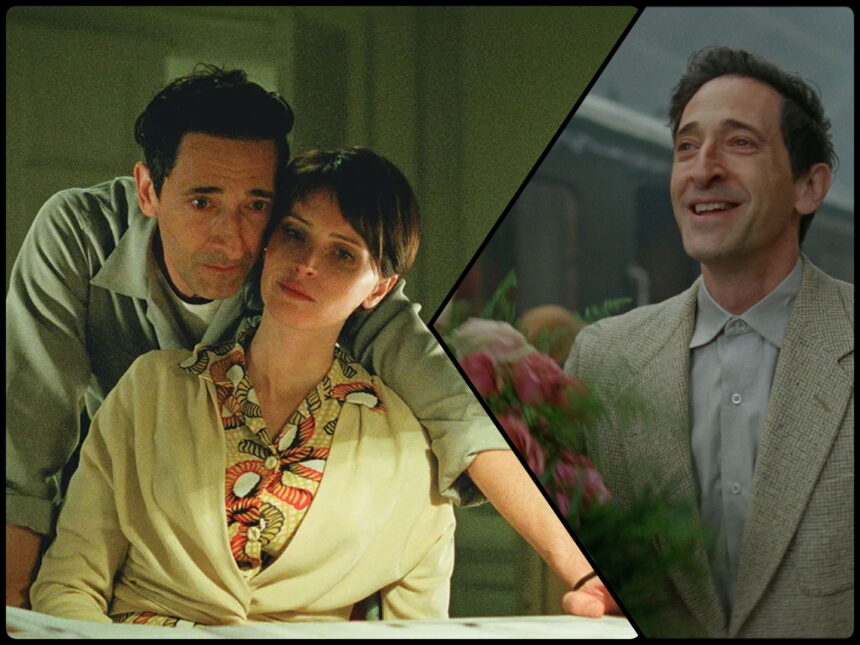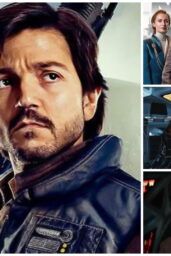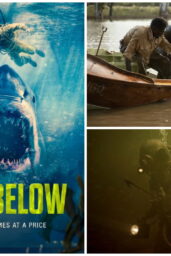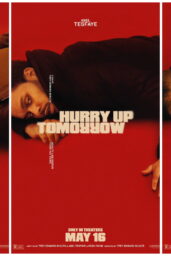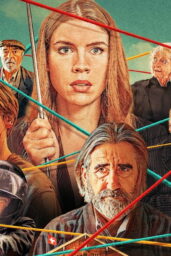Brady Corbet's “The Brutalist” has been generating buzz since its debut at the Venice Film Festival, where it captivated audiences with its sprawling narrative and visual storytelling. The epic drama, spanning 30 years, stars Adrien Brody as László Tóth, a Hungarian Jewish Holocaust survivor and architect. After enduring the horrors of war, László arrives in America to pursue his dream of constructing a monumental modern community center. The film delves deep into his struggles, from dealing with his employer (played by Guy Pearce) to managing a turbulent marriage with his wife, portrayed by Felicity Jones.
Corbet, known for his earlier films “The Childhood of a Leader” and “Vox Lux,” spent seven years developing “The Brutalist,” culminating in a 215-minute epic with a 15-minute intermission. The film's lengthy production journey, which included delays due to COVID-19, involved on-location shoots in Budapest and Tuscany on a budget under $10 million. The scale and ambition of the project led Corbet to describe it as a “Herculean effort” to bring every detail to the screen.
With a cast that also includes Joe Alwyn, Alessandro Nivola, Raffey Cassidy, and Stacy Martin, “The Brutalist” seeks to evoke the grand storytelling of classics, drawing comparisons to King Vidor's adaptation of “The Fountainhead.” The film is further elevated by the cinematography of Lol Crawley, Corbet's frequent collaborator, who captures the stark beauty of László's world.
North American distribution rights are held by A24, with a theatrical release set for December 20. Critics like David Ehrlich have praised Brody's performance, likening it to his acclaimed role in “The Pianist,” while acknowledging the film's bold artistic aspirations. As an Oscar contender, “The Brutalist” looks poised to resonate with viewers and critics alike.
“The Brutalist” appears to be a labor of love for Corbet, who doesn't shy away from challenging narratives. The film's ambitious scope and Brody's layered portrayal promise a cinematic experience that pushes the boundaries of conventional storytelling, making it a must-see for fans of thought-provoking drama.
What are your thoughts on epic films that span several decades? Do you prefer concise storytelling, or do you enjoy the depth that comes from a long, detailed narrative?

